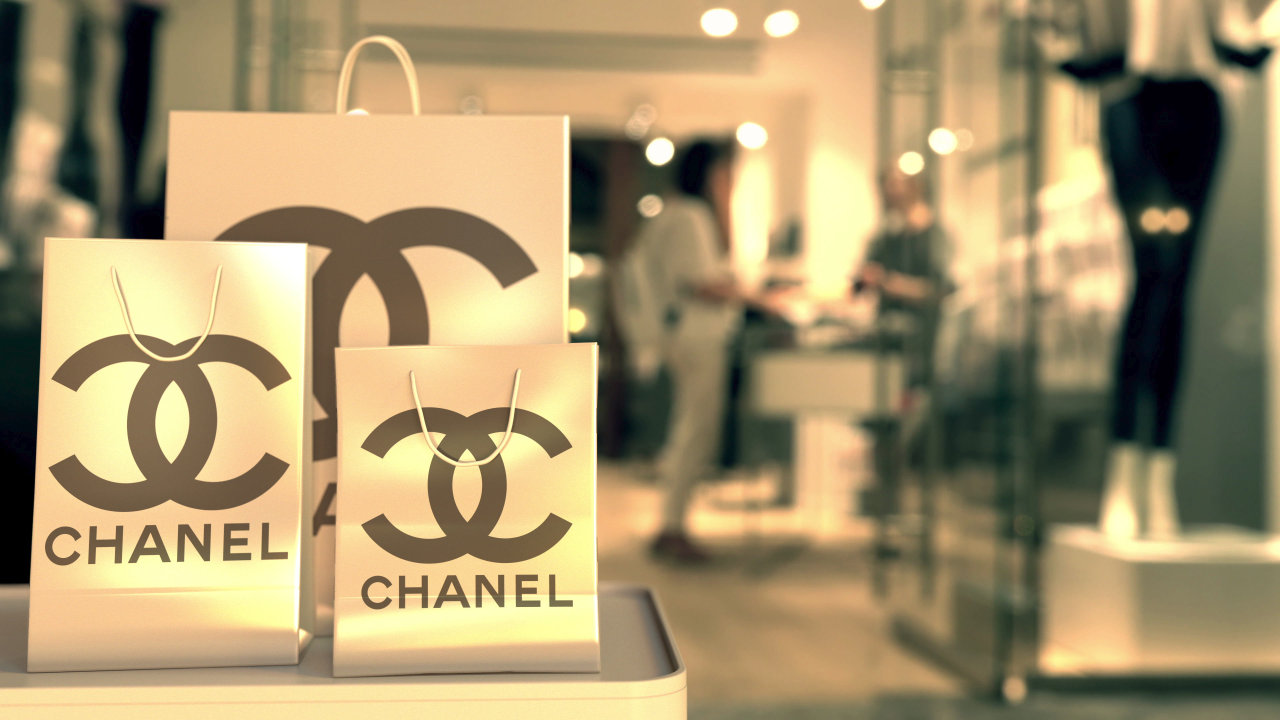Imported luxury bag sales surpass W174b despite pandemic
By Jie Ye-eunPublished : Oct. 4, 2021 - 15:37

Sales of imported high-end bags in South Korea soared last year despite a slump in private consumption induced by COVID-19 pandemic woes, data showed Monday.
The estimated total of imported luxury bag sales, calculated on the basis of special consumption taxes and surtaxes imposed on shoppers, came in at 174.1 billion won ($147.3 million) in 2020, said Rep. Suh Byung-soo of the main opposition People Power Party, quoting data compiled by the National Tax Service and Korea Customs Service.
Last year’s cumulative amount of individual consumption taxes paid by the bag buyers jumped 38.1 percent on-year to 25.6 billion won, showing the sharpest growth among luxury item groups.
The government levies a 20 percent special consumption tax on purchases of 2 million won or more of items such as bags and watches. The same tax rate applies on jewelry worth 5 million won or more.
The estimated sales of high-end watches marked around 538.6 billion won, a 6.1 percent on-year increase in special consumption tax payments in the category. The amount of taxes from imported jewelry and cigarettes also soared 19.5 percent and 29 percent from a year ago, respectively.
Surges in sales of those items are a stark contrast to the country’s private consumption that dived 5 percent in 2020, which logged the largest yearly drop since 1998.
“Last year’s data on special consumption taxes showed that Koreans’ consumption patterns have changed amid the prolonged pandemic. This is attributed to a rapid growth in values of assets and a rising number of people who turned to ‘revenge spending’ to make up for missed shopping during the COVID-19 outbreak,” Rep. Suh said.
Sales of camping vehicles were estimated at 93.7 billion won last year, based on calculations of a 5 percent individual consumption tax levied on such automobiles. As overseas travel was almost impossible due to concerns about COVID-19, camping became a popular alternative.
On the other hand, individual consumption taxes imposed on the local gambling industry and nightlife businesses declined sharply in 2020 amid protracted social distancing rules, the data showed.
The consumption taxes collected from operators of sports gambling-related businesses, including horse racing, bicycle racing and motorboat racing, nose-dived 85.8 percent on-year to 3.6 billion won.
The figure for casino operators plummeted 79.3 percent from a year ago to 3.7 billion won last year. The tax payments from owners of bars, clubs and other nightlife businesses nearly halved from a year earlier to 38.2 billion won as well.
The estimated total of imported luxury bag sales, calculated on the basis of special consumption taxes and surtaxes imposed on shoppers, came in at 174.1 billion won ($147.3 million) in 2020, said Rep. Suh Byung-soo of the main opposition People Power Party, quoting data compiled by the National Tax Service and Korea Customs Service.
Last year’s cumulative amount of individual consumption taxes paid by the bag buyers jumped 38.1 percent on-year to 25.6 billion won, showing the sharpest growth among luxury item groups.
The government levies a 20 percent special consumption tax on purchases of 2 million won or more of items such as bags and watches. The same tax rate applies on jewelry worth 5 million won or more.
The estimated sales of high-end watches marked around 538.6 billion won, a 6.1 percent on-year increase in special consumption tax payments in the category. The amount of taxes from imported jewelry and cigarettes also soared 19.5 percent and 29 percent from a year ago, respectively.
Surges in sales of those items are a stark contrast to the country’s private consumption that dived 5 percent in 2020, which logged the largest yearly drop since 1998.
“Last year’s data on special consumption taxes showed that Koreans’ consumption patterns have changed amid the prolonged pandemic. This is attributed to a rapid growth in values of assets and a rising number of people who turned to ‘revenge spending’ to make up for missed shopping during the COVID-19 outbreak,” Rep. Suh said.
Sales of camping vehicles were estimated at 93.7 billion won last year, based on calculations of a 5 percent individual consumption tax levied on such automobiles. As overseas travel was almost impossible due to concerns about COVID-19, camping became a popular alternative.
On the other hand, individual consumption taxes imposed on the local gambling industry and nightlife businesses declined sharply in 2020 amid protracted social distancing rules, the data showed.
The consumption taxes collected from operators of sports gambling-related businesses, including horse racing, bicycle racing and motorboat racing, nose-dived 85.8 percent on-year to 3.6 billion won.
The figure for casino operators plummeted 79.3 percent from a year ago to 3.7 billion won last year. The tax payments from owners of bars, clubs and other nightlife businesses nearly halved from a year earlier to 38.2 billion won as well.







![[Graphic News] More Koreans say they plan long-distance trips this year](http://res.heraldm.com/phpwas/restmb_idxmake.php?idx=644&simg=/content/image/2024/04/17/20240417050828_0.gif&u=)
![[KH Explains] Hyundai's full hybrid edge to pay off amid slow transition to pure EVs](http://res.heraldm.com/phpwas/restmb_idxmake.php?idx=644&simg=/content/image/2024/04/18/20240418050645_0.jpg&u=20240419100350)






![[From the Scene] Monks, Buddhists hail return of remains of Buddhas](http://res.heraldm.com/phpwas/restmb_idxmake.php?idx=652&simg=/content/image/2024/04/19/20240419050617_0.jpg&u=20240419175937)

![[KH Explains] Hyundai's full hybrid edge to pay off amid slow transition to pure EVs](http://res.heraldm.com/phpwas/restmb_idxmake.php?idx=652&simg=/content/image/2024/04/18/20240418050645_0.jpg&u=20240419100350)

![[Today’s K-pop] Illit drops debut single remix](http://res.heraldm.com/phpwas/restmb_idxmake.php?idx=642&simg=/content/image/2024/04/19/20240419050612_0.jpg&u=)